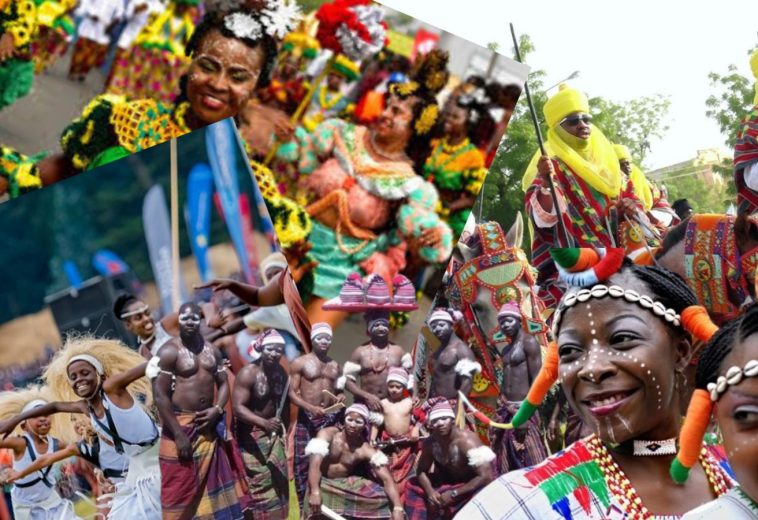Africa has always been a hub of vibrant music, with diverse genres and styles that the continent’s rich cultural heritage has shaped. From the Afrobeat of Fela Kuti to the Highlife of West Africa, African music has always reflected the region’s unique cultural identity. Today, contemporary African artists are pushing the boundaries of traditional music by blending it with modern genres like electronic music, R&B, hip-hop, and more.
According to a report by the International Federation of the Phonographic Industry (IFPI), Africa’s music industry has seen significant growth in recent years, with a 15% increase in album sales and a 20% increase in streaming between 2019 and 2020. The increase in African artists exploring new sounds and styles is a major factor in this growth.
African artists are creatively blending the rhythmic complexities of their heritage with the pulsating energy of electronic music, hip-hop, and other global styles. This is not only captivating audiences worldwide but also redefining the contours of African music.
The percentage of African artists blending traditional and contemporary sounds is on the rise, and the trend is undeniably here to stay. This is evident in the surge in streaming numbers for artists who incorporate traditional elements into their music. Platforms like Spotify, Apple Music, and YouTube Music have seen a significant increase in playlists dedicated to this fusion genre.
Artists like Burna Boy, Wizkid, and Tems, who seamlessly blend African rhythms with global sounds, have amassed millions of followers on platforms like Instagram and TikTok, indicating a massive global audience for this music.
The growing recognition of African music on international platforms like the Grammys and BET Awards is an indication of its global appeal. Artists who incorporate traditional elements into their music are increasingly nominated and winning these prestigious awards.
Several movements are at the forefront of this musical revolution. Some of them include:
- Afrobeats: While predominantly influenced by Western pop, Afrobeats artists increasingly incorporate traditional African rhythms and instruments into their music.
- Gqom: Originating from South Africa, Gqom is a bass-heavy genre that fuses traditional Zulu rhythms with electronic elements.
- Afro-fusion: This broader term encompasses a wide range of artists who experiment with blending African sounds with various genres.
The Cultural Impact
- Preservation of Heritage: By incorporating traditional sounds into contemporary music, artists are preserving their cultural heritage for future generations.
- Global Recognition: This fusion is propelling African music to a global stage, challenging stereotypes and showcasing the continent’s rich cultural diversity.
- Economic Impact: The growing popularity of this music is creating new economic opportunities for African artists, producers, the music industry, and the continent.
The Future of African Music
The fusion of traditional and contemporary sounds will likely continue shaping African music for years to come. As technology evolves and global connectivity increases, we can expect even more innovative and exciting collaborations. This musical renaissance is not only a celebration of Africa’s rich cultural heritage but also proof of the continent’s vibrant and dynamic creative spirit.


